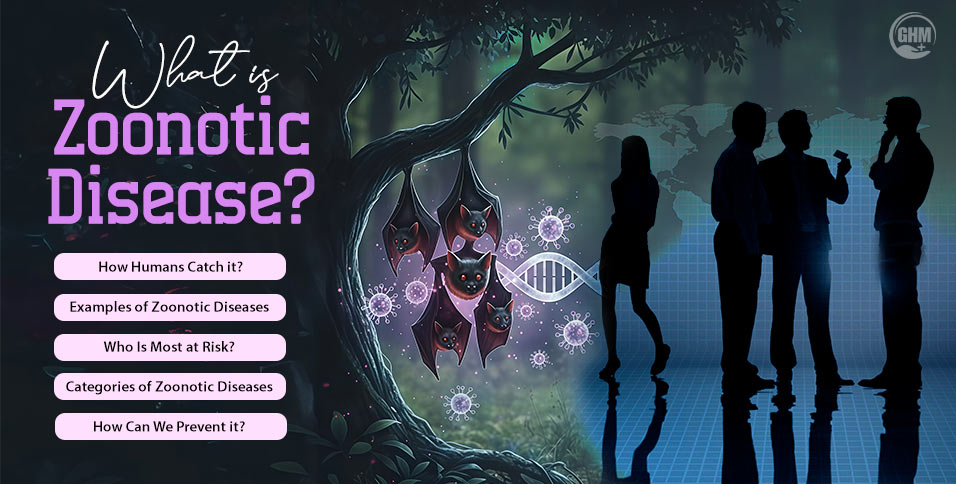A new study on ultraprocessed foods revealed that they are a growing global health crisis, as they are found to damage every major human organ. This warning comes from a landmark review published in The Lancet, where 43 experts assessed evidence from over 100 long-term studies.
They also criticised manufacturers for flooding the market with ultraprocessed products.
According to experts, the massive global consumption of processed foods has become one of the leading causes of chronic diseases, and urgent action is needed.
What the New Research Says
- The new study on ultraprocessed foods found that 92 out of 104 long-term studies link ultraprocessed food (UPF) consumption to chronic illnesses, including obesity, type 2 diabetes, cardiovascular disease, depression, and even early death.
- According to the authors, humans may simply not be biologically adapted to consume so much ultra-processed food.
- They also point out that the global growth in UPF consumption is not due to individual choice alone, but is driven by aggressive marketing, political lobbying, and profit-seeking from large food corporations.
Why Scientists Are Especially Worried
1. Every Organ Is at Risk
The paper from The Lancet argues that ultraprocessed foods are associated with harm across all organ systems, not just the heart or liver.
- UPFs often contain artificial colours, flavours, emulsifiers, and other additives.
- They are extremely calorie-dense but lack essential nutrients, making them “hollow calorie” foods that do not nourish the body.
2. Chronic Diseases and Premature Death
Long-term studies link UPF consumption to:
- Obesity
- Type 2 diabetes
- Cardiovascular diseases
- Stroke
- Depression and mental health issues
- Increased risk of early death
The new study on ultraprocessed foods highlights that these links appear consistently across countries, age groups, and socioeconomic backgrounds.
3. Corporate Profits vs Public Health
The researchers argue that big food companies are prioritising profits over health, drawing parallels to early tobacco industry tactics.
- These corporations are accused of influencing science, lobbying politicians, and preventing strong public health policies.
- The authors call for stronger regulation: front-of-package warning labels, marketing restrictions (especially to children), and limits on shelf space for UPFs in supermarkets.
What Are Ultraprocessed Foods?
Ultraprocessed foods generally refer to industrially manufactured items that go beyond simple processing, often containing multiple additives.
Some common examples:
- Sugary drinks and soft drinks
- Chips and packaged snacks
- Ready meals and frozen dinners
- Breakfast cereals with many added ingredients
- Packaged baked goods (cakes, biscuits)
- “Diet” bars or protein bars with artificial flavours
These foods often have high levels of sugar, salt, and unhealthy fat, but lack fibre, vitamins, and other important nutrients.
The new study on ultraprocessed foods emphasises that understanding these items is key to reducing consumption.
What Policy Implications Must Be Considered
Based on the findings, the new study on ultraprocessed foods urges policymakers to adopt strong public health measures:
- Front-of-package labels: Similar to warning labels on tobacco, UPFs should carry clear labels indicating the risk.
- Marketing restrictions: Especially toward children, to reduce exposure to these products.
- Limiting shelf space: In supermarkets, reduce how much UPF is visible or promoted.
- Banning UPFs in public institutions: Schools and hospitals could impose restrictions.
- Learning from Brazil: Brazil’s school-food programme, which plans that 90% of meals be fresh or minimally processed by 2026, is cited as a positive example.
Why This Matters for Global Health
This isn’t just about “junk food.” Even seemingly innocent packaged foods, breakfast bars, diet yoghurts, and ready meals can contribute to serious health risks over time.
Time-saving convenience foods may seem harmless, but their long-term consumption could elevate risk for chronic disease. It is something that affects quality of life, productivity, and healthcare costs.
The study’s findings highlight that individual behaviour change is not enough. Policy-level intervention is needed to curb the burden of diet-related disease globally.
It is time to revisit product formulation, marketing, and responsibility. There’s a commercial opportunity (and ethical responsibility) in pushing healthier, minimally processed alternatives.
Conclusion
In conclusion, the new study on ultraprocessed foods highlights a major health threat that demands immediate attention. Ultraprocessed foods are not just empty calories; they are linked to serious chronic diseases and organ damage.
The evidence is clear: individuals, healthcare leaders, and governments must prioritise health over profit and take urgent steps to reduce ultraprocessed food consumption worldwide.













